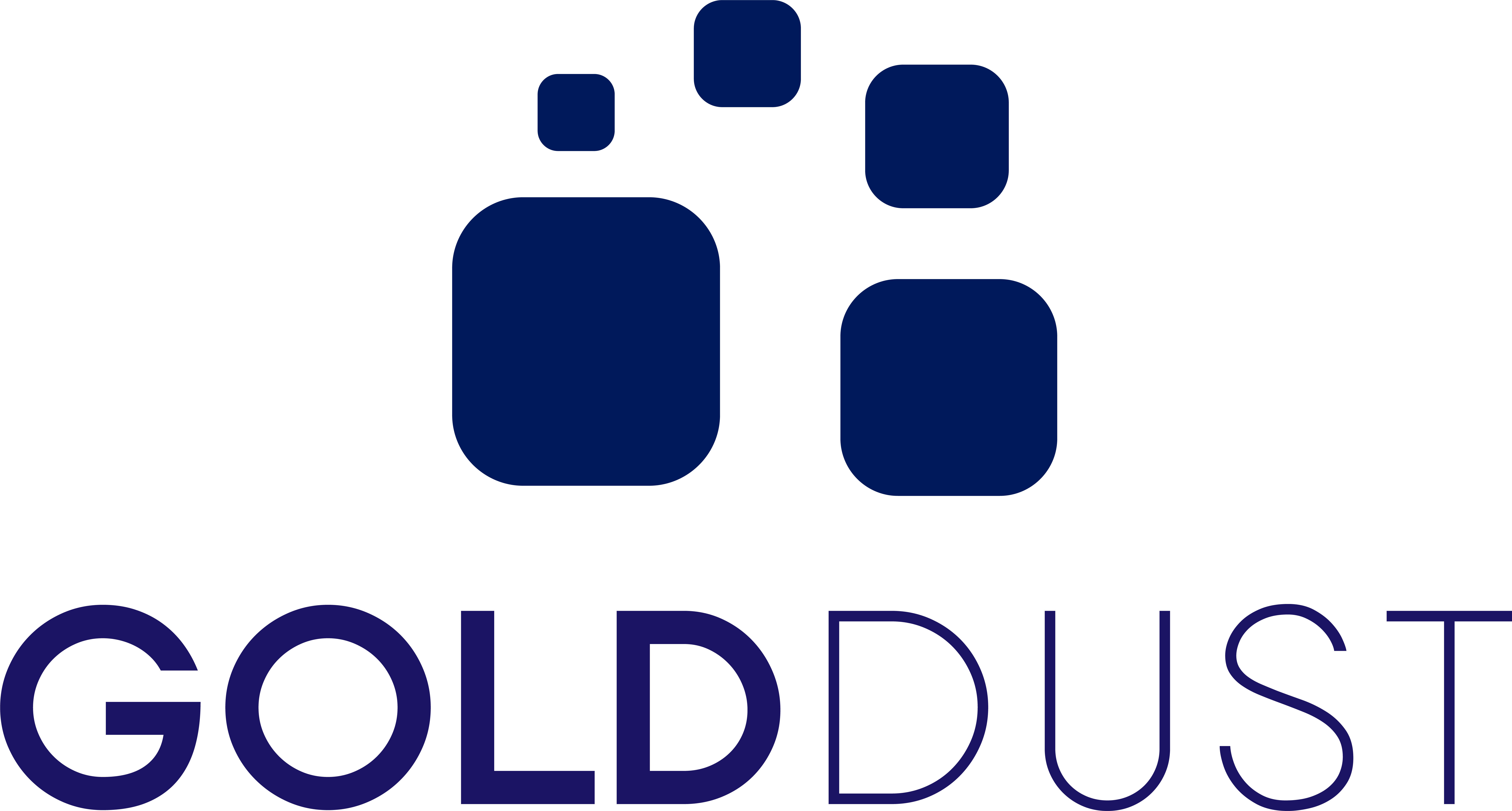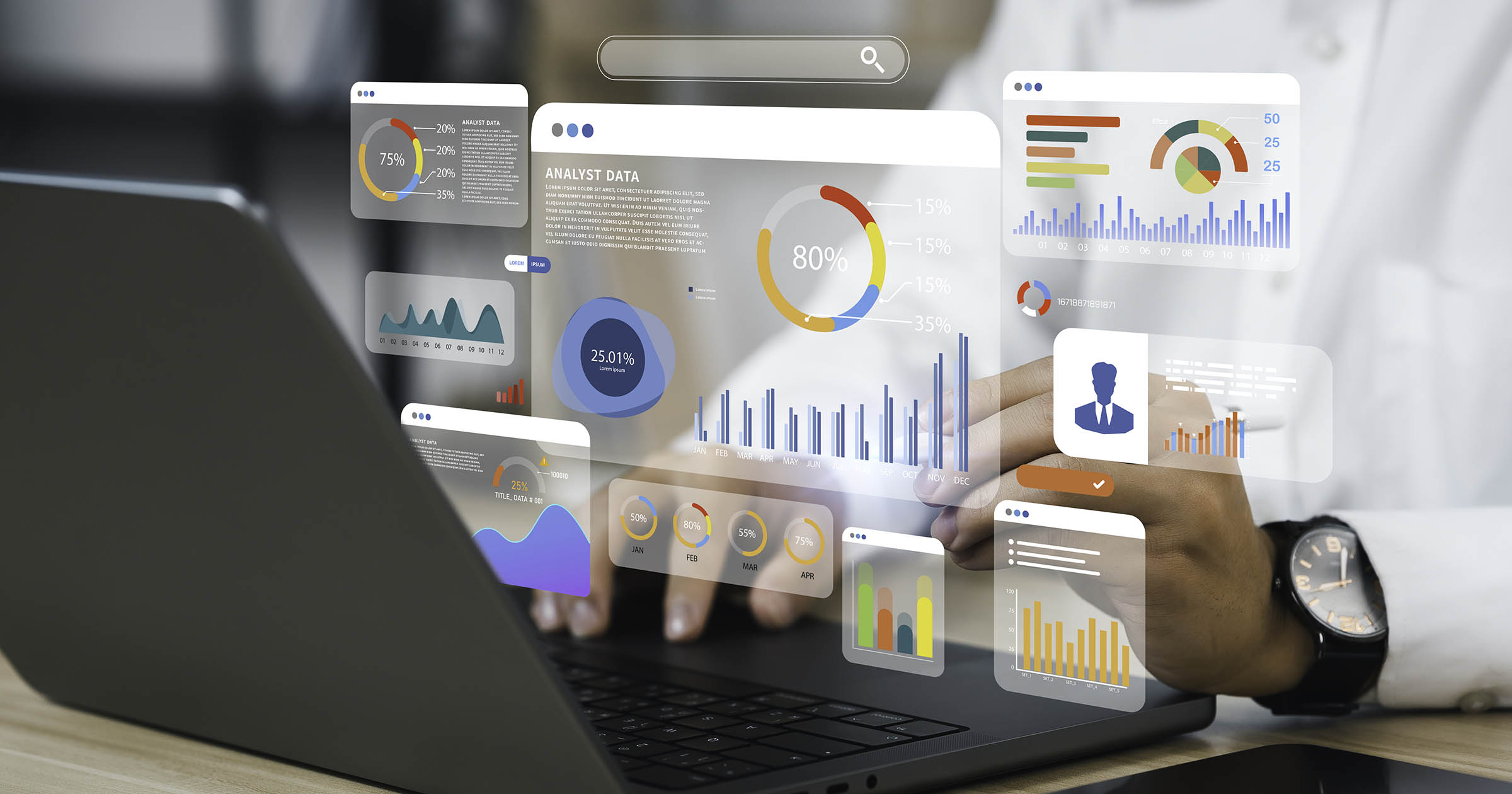In the digital age, data has become a valuable currency that holds immense potential for nonprofit organizations. By harnessing the power of data science, nonprofits can unlock actionable insights, make informed decisions, and drive greater impact in their respective missions. In this blog post, we will explore how nonprofit organizations can effectively utilize data science to transform their operations, improve program outcomes, and create positive change in their communities.
Data-Driven Decision Making
Data science empowers nonprofits to make informed decisions based on evidence and insights. By collecting, analyzing, and interpreting data, organizations can identify patterns, trends, and correlations that inform strategic planning and resource allocation. Data-driven decision making ensures that nonprofits are better equipped to assess program effectiveness, measure impact, and identify areas for improvement. From optimizing fundraising campaigns to refining service delivery, data science enables nonprofits to maximize their resources and drive meaningful change.
Program Evaluation and Impact Assessment
Nonprofit organizations strive to create tangible and sustainable impacts in their communities. Data science plays a pivotal role in program evaluation and impact assessment. By utilizing statistical modeling, data visualization, and predictive analytics, nonprofits can measure program outcomes, identify success factors, and understand the factors that contribute to meaningful change. Data science techniques enable organizations to go beyond anecdotal evidence, providing robust and reliable evidence of their impact to stakeholders, donors, and the wider community.
Donor Analytics and Fundraising Optimization
Data science offers nonprofits a powerful tool for understanding donor behavior, identifying trends, and optimizing fundraising efforts. By analyzing donor data, nonprofits can uncover valuable insights into giving patterns, preferences, and engagement levels. This information allows organizations to personalize donor communications, tailor fundraising campaigns, and identify prospective donors. Furthermore, data science techniques, such as predictive modeling, can help nonprofits identify high-value donors and optimize resource allocation for maximum fundraising impact.
Constituent Engagement and Personalization
Data science enables nonprofits to deepen constituent engagement and create personalized experiences. By analyzing data from various touchpoints, including website interactions, social media, and email campaigns, nonprofits can gain a holistic understanding of their constituents. This knowledge allows organizations to tailor communication, provide personalized recommendations, and engage supporters in a more targeted and meaningful way. Data science techniques, such as segmentation and clustering, enable nonprofits to deliver personalized content and build stronger relationships with their constituents.
Predictive Analytics for Resource Allocation
Resource allocation is a critical challenge for nonprofit organizations. Data science techniques, such as predictive analytics, can help nonprofits optimize resource allocation by forecasting future needs and demand. By analyzing historical data and external factors, nonprofits can make data-driven decisions on program expansion, staffing, and infrastructure investments. Predictive analytics empowers nonprofits to allocate resources efficiently, ensuring that they can maximize their impact and deliver their services effectively.
Collaborative Partnerships and Knowledge Sharing
Data science offers opportunities for nonprofits to collaborate and share knowledge within their sector. By pooling resources, expertise, and data, organizations can leverage collective insights to address common challenges and drive sector-wide improvements. Collaborative partnerships enable nonprofits to share best practices, develop standardized metrics, and collectively tackle complex social issues. Data science provides the framework for data sharing, collaborative research, and collective impact, fostering a culture of innovation and continuous learning within the nonprofit sector.
Data science presents a transformative opportunity for nonprofit organizations to harness the power of data and drive greater impact. By leveraging data-driven decision making, program evaluation, donor analytics, constituent engagement, predictive analytics, and collaborative partnerships, nonprofits can unlock actionable insights and make informed decisions. Data science empowers nonprofits to optimize their operations, amplify their impact, and create positive change in their communities. Embracing data science is a strategic investment that propels nonprofits into a future where data-driven decision making drives transformative results.

